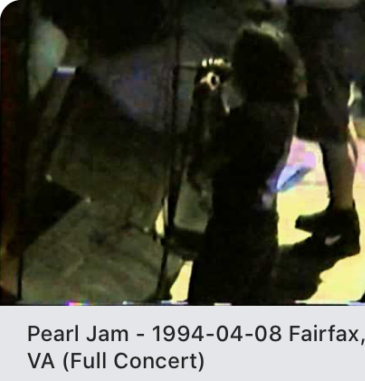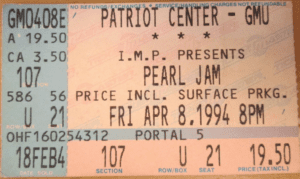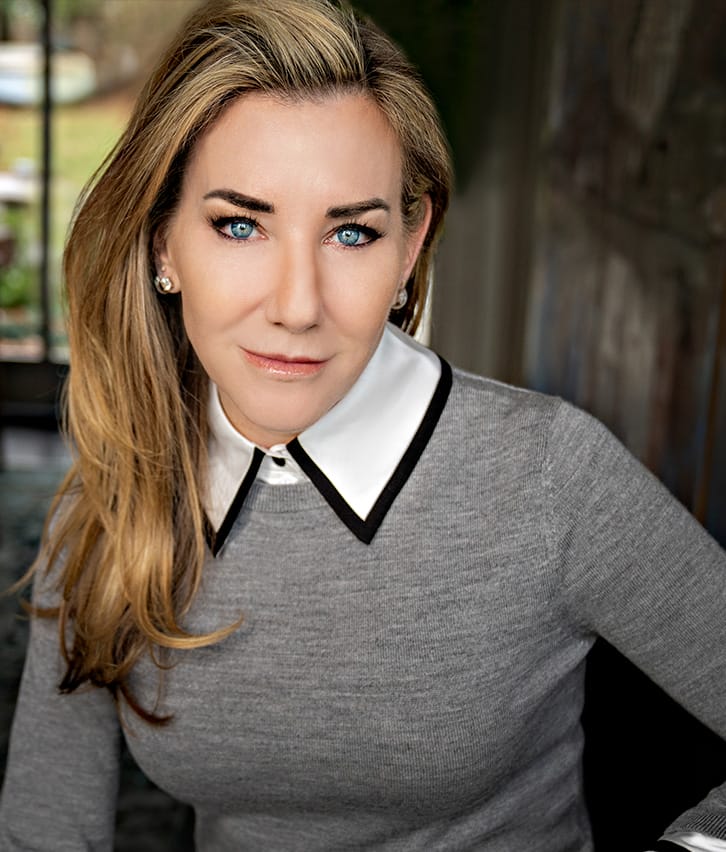Kurt Cobain died 25 years ago.
I had tickets to see Pearl Jam at Patriot Center in Fairfax, Virginia on April 8, 1994. I was 23 years old and had been working in the White House at the time. Kurt Cobain was 27, and had just been found dead.
For hours we didn’t know if the concert was still going to happen. The internet was nascent, and it was difficult to learn much. A suicide? By shotgun? How could that be? Pearl Jam and Nirvana shared the same air. How could the show go on?
But, if it is was to go on, we didn’t want to be anywhere else.
And go on it did. Eddie Vedder came out onstage, lighters up throughout the silent, standing-room-only arena, and Pearl Jam slowly played the most soulful and somber rendition of Nirvana’s Smells Like Teen Spirit I’d ever heard. We were sitting stage left, close enough to see every strained face he pulled as he moved his way through this haunting tribute to a man who helped shape a generation’s music. We sobbed as a unit, our bodies heaving together, our hearts torn from our collective chests.
This isn’t my stub. Sadly, I didn’t keep mine. But I found this one on auction on the internet. Strange world, huh?
It is a night I’ll never forget.
Except that didn’t happen, and it took me 25 years to realize I had remembered the whole thing wrong.
I wasn’t just wrong about it being the night Kurt Cobain died. He was found that day, but he had killed himself three days earlier. I was wrong that any of the concert happened the way I remembered it.
I had been standing around with some friends and Smells Like Teen Spirit came on the radio. I commented about how I was there that night, and how Eddie Vedder and Pearl Jam honored Kurt Cobain and Nirvana. As I told the story, I heard the ghost-like tribute playing in my head, clear as day.
So, I decided to do a little web search, certain that someone, somewhere, somehow captured this incredible history that I was able to witness firsthand. And, I found it: the concert. To my horror, it didn’t go down like I remembered at all.
I could swear I was right. I could tell you the color of the flannel, the length of the hair, the number of rows back our seats were from the stage. (Ten.) Wrong, wrong, (probably) wrong.
Here’s what did happen: they came out on stage, mentioned that it was a hard night and thanked us for coming and then played their own song, Release. And then another, and then another, and then another.
It wasn’t until 23 minutes into the show that he said another word, in the pitch dark, something like, “You’ll forgive us if we can’t keep playing after this song.” And then they played Daughter, the end of which was a slow-jam mash up of American Pie, “hey hey, bye bye, rock and roll with never die.”
Then they rammed right into a bring-the-house down version of Evenflow. There were three encores, but only one cover, the last song of the night. It wasn’t Nirvana, it was Neil Young’s Rockin’ in the Free World.
At one point, he did say, “There’s a lot of space between us tonight…We’re not only kind of far, you know, we’re kind of elevated I noticed, a little more than usual. Either that, or I’ve gotten taller. But, I don’t think it’s very good to elevate yourself. That can be very dangerous. Sometimes whether you like it or not people elevate you, you know, whether you like it not. It’s real easy to fall…but I don’t think any of us would be in this room tonight if it weren’t for Kurt Cobain.”
But they never did what I so clearly remembered that they did, that I would have bet the house that they did. It just goes to show you that Maya Angelou was right: “At the end of the day people won’t remember what you said or did, they will remember how you made them feel.”
Eddie Vedder made us all feel held that night, comforted, unified in our respect for a man who was in such pain for so long. It’s how I remembered the night, and I’d imagine that even now, with data in hand, it’s how I will still remember the night.
So, my question for you is this: how are you making the people around you feel?




